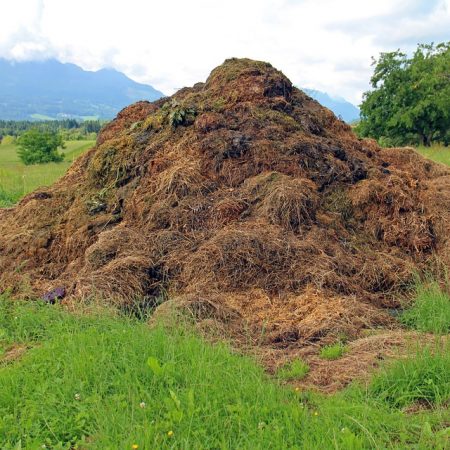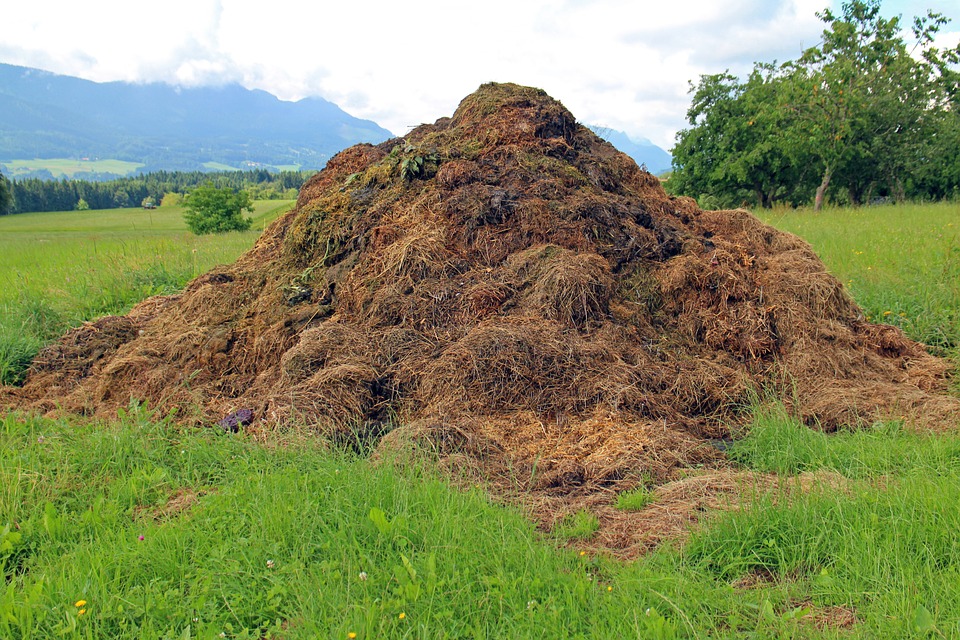
One of my favorite books in the Bible is Ephesians. In it, the apostle Paul uses some of his grandest and most glorious language to describe the love of God in Christ Jesus.
Running under that current of God’s marvelous plan and astounding love there’s an underlying image in Ephesians that’s something we probably don’t catch immediately, but would have been part of the inherent imagery of first-century Ephesus. Paul mentions it almost immediately:
Praise be to the God and Father of our Lord Jesus Christ, who has blessed us in the heavenly realms with every spiritual blessing in Christ. For he chose us in him before the creation of the world to be holy and blameless in his sight. In love he predestined us for adoption to sonship through Jesus Christ, in accordance with his pleasure and will— Ephesians 1:3-5 (NIV)
That mention of adoption in this passage is not a casual reference on Paul’s part.
At the time, if a Roman citizen adopted a child, it was a legally-binding arrangement. A natural child could be disinherited, but an adopted child was an heir for life. Adoption was not something entered into lightly.
As Paul continues through his letter to the Ephesians, he repeatedly reinforces the idea that our adoption was predestined, that we are sealed as children of God, that we are unified into one family, that our inheritance as heirs is guaranteed, that we were formerly dead and uncircumcised, that we are saved by the grace of God, that we are members of God’s household, that we are no longer foreigners and strangers but members of God’s own family, and that we are God’s handiwork created to do good works which He planned for us to do since the beginning of time itself.
Those are all wonderful, glorious thoughts –and all in stark, glaring contrast to a newborn baby left on a dung heap to die.
You see, in first-century Ephesus and throughout the Roman empire, it was absolutely legal to dispose of excess or unwanted babies simply by leaving them at the garbage dump or local dung heap to die of exposure. It was expected and carried no social stigma, especially if the child was deformed, illegitimate, a child of infidelity, the family was poor, there was family conflict, or was just guilty of being one of too many children.
Sometimes the infant was devoured by the dogs that scavenged public places. Sometimes, the child was picked up by slavers and sold as a pet, a play companion for another child, or a prostitute. The great temple of Artemis in Ephesus mentioned in Acts 19 had many temple prostitutes.
Into all of this steps the apostle Paul, who plants and grows and nurtures the people of the church in Ephesus.
It was those believers, from that church in Ephesus, who quietly started adopting and caring for those abandoned babies from the dung heap and the garbage dump as their own children.
And, throughout the words Paul writes to these people whom he never stops thanking God for, I can see the imagery of those children rescued from certain death or worse. One can only imagine the kind of Christians those formerly abandoned and left-to-die children would someday become.
The compassion and the love and the self-sacrifice of those believers did not go unnoticed. Many noticed how “The Way” had changed people and they also came to believe in Jesus Christ as LORD and Savior.
And the kingdom of God grew and spread putting forth leaves and branches and fruit.
So, brothers and sisters, as we hear on Kinship Christian Radio and the news all around us about what has happened in the great temples of our present culture, let it remind us that the we are not to be overcome by evil, but we are to overcome evil with good.
For thus is the kingdom of God.
Today’s Praise
Follow God’s example, therefore, as dearly loved children and walk in the way of love, just as Christ loved us and gave himself up for us as a fragrant offering and sacrifice to God. Ephesians 5:1-2 (NIV)


May we learn to be the household that honors God rather than demanding He honor what we have settled to be.